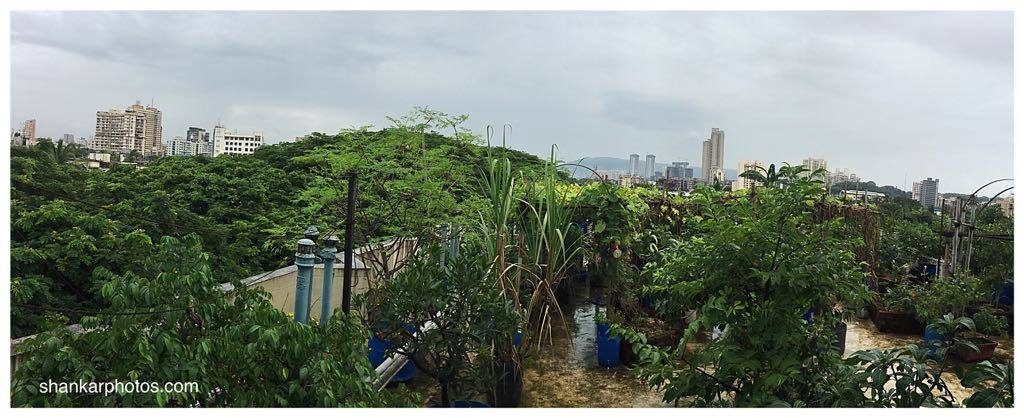Neeraja Havaligi, on why choosing a certain type of tomato can be a powerful act of saving biodiversity
/PUGS course you’re teaching and why: I am teaching Crop Diversity at PUGS. You will see it subtitled with "Change Your Palate, Change the Future," which may make you think, "Wow, not another job for me to do!” But, what if I said that going to the farmers market, tasting a whole new array of crops, and taking some home to try is a powerful act of saving biodiversity? Would you believe that? The truth is, we as consumers determine much more than we know. Even the simple act of choosing a certain crop or a certain variety of tomato or squash can be significant for crop diversity and for the farmer who grows it.
We'll also look at how crops shape local cuisine and how cuisine shapes cultures.
I am teaching this because working with crops, farmers, ecosystems, and the rest of us "consumer communities" is my passion. Understanding seeds, crops, and farmers' work is central to saving agrobiodiversity and our own food secure future, especially in the changing climate. And so I teach!
Who’s the target audience of this class: Anyone who has ever had questions about food, such as:
- How does it arrive to our plate (beyond the grocery store)?
- Where does it comes from? (Does it have a history like we do?)
- How is it produced?
- What routes does it travel before arriving home in its final form?
- How do plants grow and why are they are different from each other?
- Who owns seeds? Who owns the knowledge of their cultivation and their use?
- What is biodiversity?
- Why should I worry about farmers, their crops, their struggles, their droughts/floods, etc?
In short, this class is for all who eat food and have ever felt any curiosity about it!
Best thing about PUGS: PUGS has given me a space to engage with curious people who want to keep learning about things they care about. I took a class on writing about social justice with Matt Kinshella. The way Matt conducted the class and the interactions I had with fellow students from diverse background but similar goals — it inspired me. I realized that I was learning a ton, not only from Matt, but also from my fellow students and from myself, too. That experience reaffirmed that I am a lifelong learner, that there are many people like me (a whole community, in fact), and that learning is not only fun, but it translates to real value. After Matt’s class, I’ve felt better able to write about causes I care for.
I care about lifelong learning because: It’s what I witnessed growing up. My parents were lifelong learners as were my grandparents. I’ve seen the difference it makes in adult lives, which can too often become narrowly structured, siloed, and uninspiring.
I’m also a believer in the power of communities that share their talents and knowledge. That’s why I feel especially happy that Leah Walsh and Seed Farmers' Andrew and Brian will join our class to share their knowledge. Deep inside, I believe we are all farmers, farming for good actions, deeds, and thoughts. We’re all trying to build the capacity in our communities to thrive and give back. Lifelong learning is one of those lifelong "farming" or growing tools that is meant for all of us.



